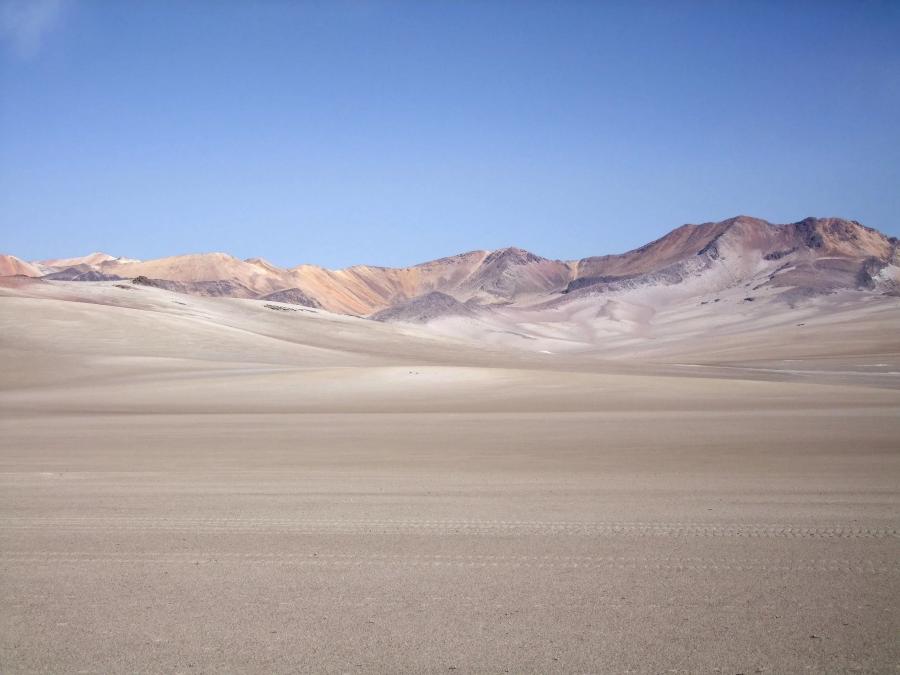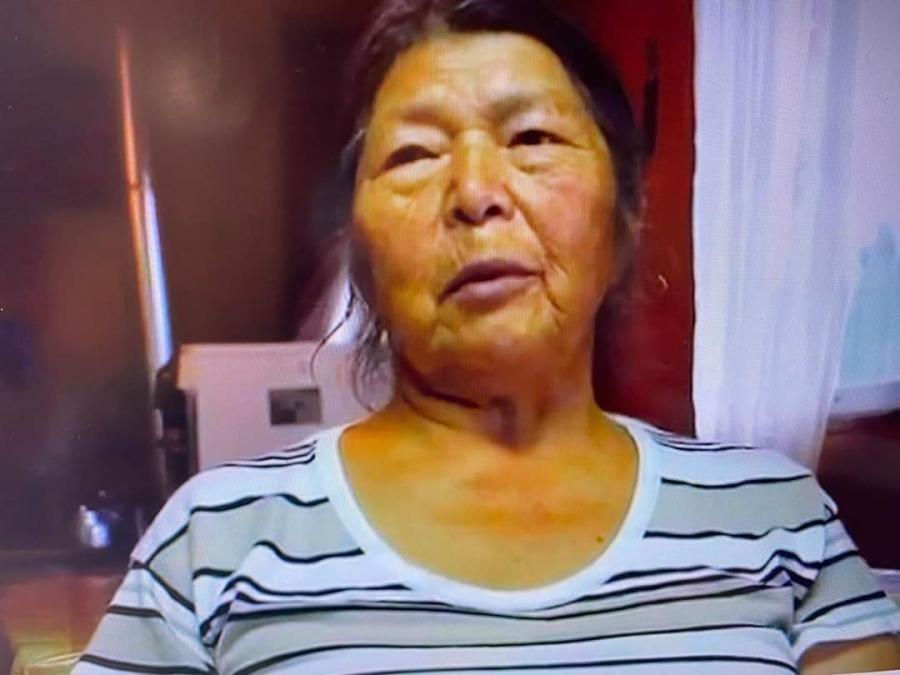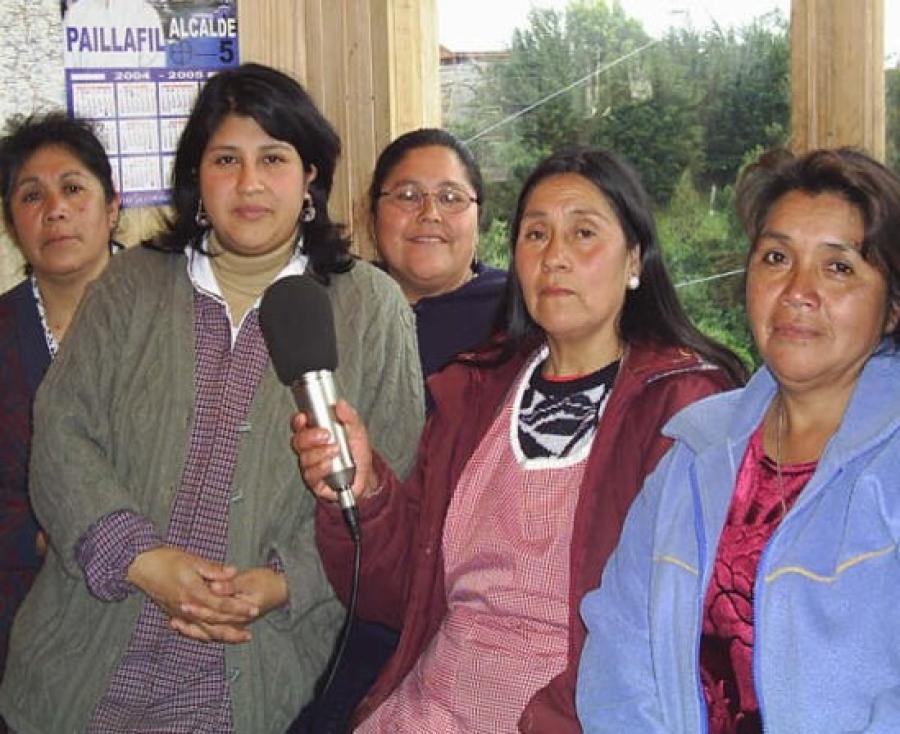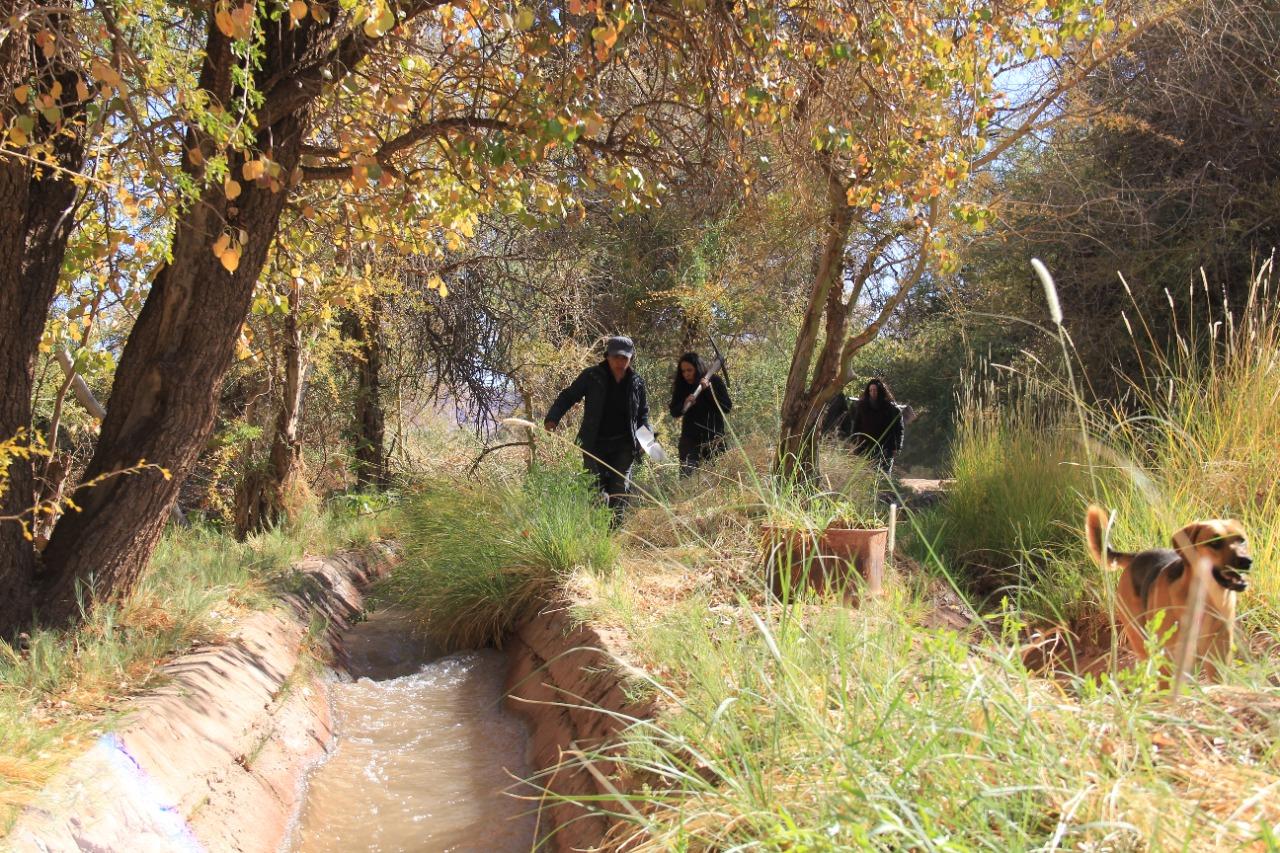
In the Atacama Desert in the north of Chile, the mountains turn purple at sunset, and when the sky is dark, a shooting star can be traced across the entire arc of the night sky. Healing hot and cold springs are dotted with flamingos, and the stark lunar landscape features the aptly-named Valle de la Luna. It is the driest desert in the world and the ancestral homeland of the Lickan Antay Indigenous Peoples. In addition to the beauty of the landscape, the region's salt flat is the largest salt deposit in the country and contains the largest lithium reserves in the world.
The desert is also home to the two percent of Chilean water that still flows free. Though it receives an average of just 15 millimeters of rain annually, even this drastically limited amount of water is under threat from several directions. Unsustainable agricultural practices and tree plantations are sucking the desert dry with plants that are not adapted to the arid conditions. The desert has long been ravaged by copper mining, and in recent years, the shadow of a new threat looms over the rocky landscape: lithium mining.
Chile is the world's leading producer of copper and the second largest producer of lithium. These minerals are considered essential for the transition to renewable energies to mitigate climate change. As they are used for the production of electric cars and other electronic devices, the demand for their extraction is increasing. Reserves are overwhelmingly found in Indigenous Peoples' territories, and current extraction methods are violating Indigenous Peoples' rights and damaging the environment, draining scarce water resources and damaging wetlands.
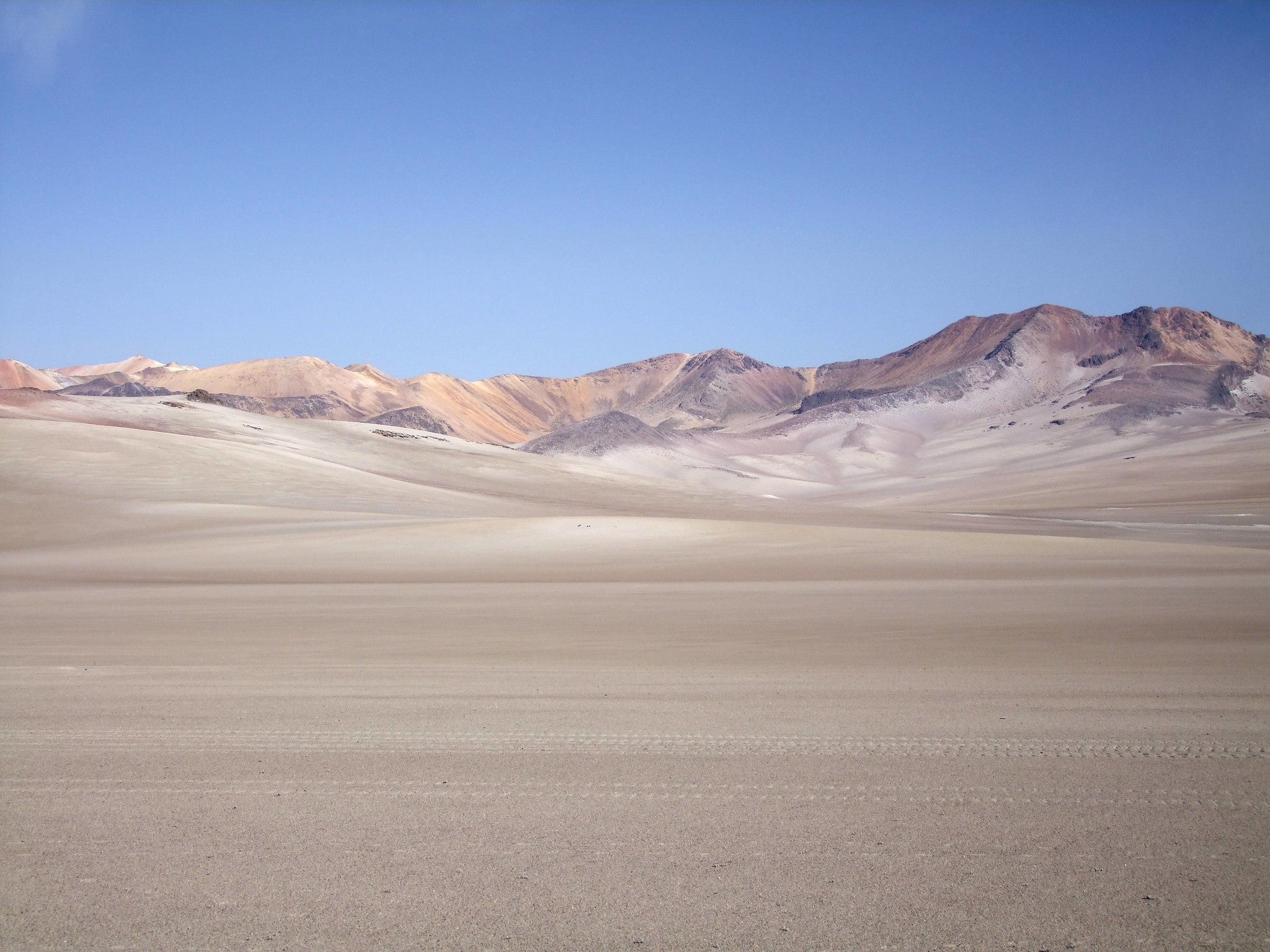
Atacama Desert. Photo by A. Duarte.
Karen Luza, an activist of the Lickanantay Peoples, says that in the past, before mining companies took over the territory and natural resources, the inhabitants of the surrounding territories were engaged in agriculture and livestock. The situation changed in the 1960s when mining companies such as CODELCO and SQM began moving in to extract minerals. The large quantities of water needed for these processes has necessitated the plundering of subterranean water from the salt flats and the springs from which rivers emerge, causing them to dry up. The loss of precious water sources pushed people to start migrating to the cities, and large mining companies have continued targeting the territory and threatening the Indigenous Peoples who remain in the region, as Chile's own laws do not protect their right to water.
During the dictatorship of Augusto Pinochet (1973-1990), the Constitution of 1980 was enacted, establishing that "the rights of individuals over water, recognized or constituted in accordance with the law, shall grant their holders ownership over them." Chile pays the highest rates for drinking water in Latin America because most of it legally belongs to large national and transnational companies in the mining, hydroelectric, forestry, agricultural, and industrial sectors. In other words, as Rodrigo Mundaca, national spokesman for the Movement for the Defense of Access to Water, Land, and Environmental Protection, explains, "It means that the theft is institutionalized."
In 2019, in what was called the “awakening” of Chile, a wave of protests took place against this model has generated ever more inequality. As a result, a majority of the population voted in 2020 to repeal the Constitution of 1980. On September 4, 2022, a referendum was held to approve or reject a new constitution in which the human right to water was enshrined via the regulation of national waters. Had it been approved, the State would have committed to promoting and protecting community management of drinking water and sanitation in rural and extreme areas and territories, as well as to manage water use through the autonomous and non-commercial National Water Agency, ensuring a participatory and decentralized water governance system through integrated watershed management.

Unfortunately, the new text was rejected in a popular vote, and activists’ hopes to reform the right to water have been dampened. As Luza says, "The constitution has always protected companies before citizens." From her perspective, right-wing politicians carried out a strong fear and disinformation campaign to get the public to vote against the new constitution based on an uninformed and erroneous interpretation of the proposed constitution, with many voting out of fear of losing their homes and jobs, and, in the case of big business, fear of losing their privilege.
The anger and frustration of Luza and other activists and members of Indigenous communities persist, because, as she says, the country’s development has been stunted by a constitution established during the dictatorship that preaches neoliberalism, consumerism, and the power of elites—all of which are antithetical to a sense of community and respect for the environment. She also cites the dangerous discourse that exists in the country in which "everyone identifies themselves as Indigenous and feels proud, but at the same time they do not want to lose the privileges that the mining companies give them...We are human and we are immersed in this nature. [But] we lost the awareness of being part of it. The world is ending. I don't know if you will be able to eat your cell phones in the future. We have to take care of the earth, the water, and life."
For Indigenous Peoples in Chile, water is a fundamental part of their way of life, spiritual rituals, and essence. "If the river is gone, all life is gone," and "if the river dies, the culture dies too," Luza says in the second installment of the documentary series "Secas - Defensoras de las aguas." The film shows the acute water crisis suffered by different towns and villages throughout the country as a result of the impacts of extractivism and agribusiness in the desert and its serious consequences in the basins of rivers and lakes.
It is essential to rethink the relationship humans have with water in order to make better use of it, as well as to learn from various Indigenous Peoples who respect natural resources as part of the life of each person and as the most valuable thing on the planet, without a view dedicated to mass production and consumerism. The defense of the right to water will continue until there are legal regulations on water management by raising people's awareness and increasing the visibility of this crisis. As explained in the short film SECOS, "when water is stolen from particularly poor communities, [it destroys] the social fabric, mortgage[s] people's lives, and provoke[s] a fierce migration from the countryside to the city."
The recently lost opportunity to change Chile’s water situation has intensified the flame among Indigenous activists to seek justice, and they will not stop until they get it. It is essential to bring the discussion about green energy and whether it is really a solution to pollution and accelerating climate change to international forums and panels, and it is imperative to make leaders and entrepreneurs around the world aware that transition minerals are as destructive as traditional mining if the rights of Indigenous Peoples are not respected.
Photos by Manuela Marquinolla.
